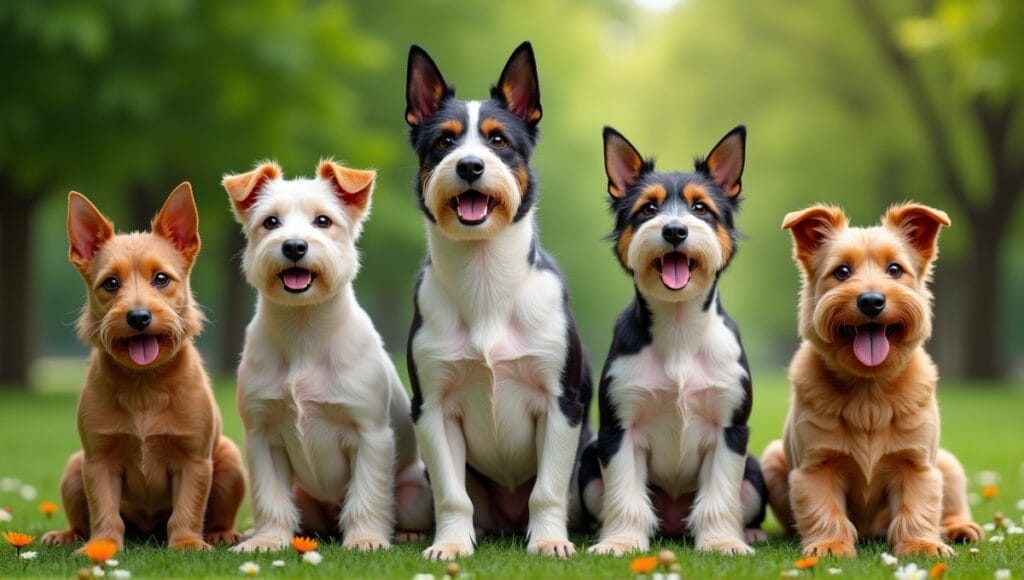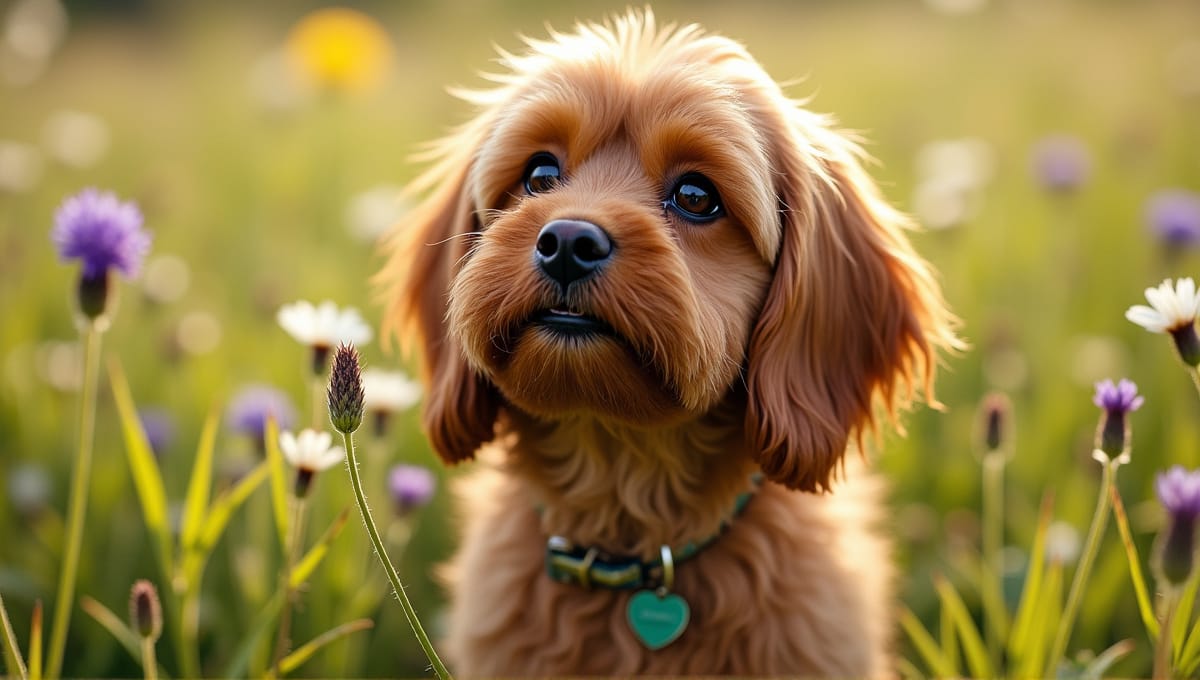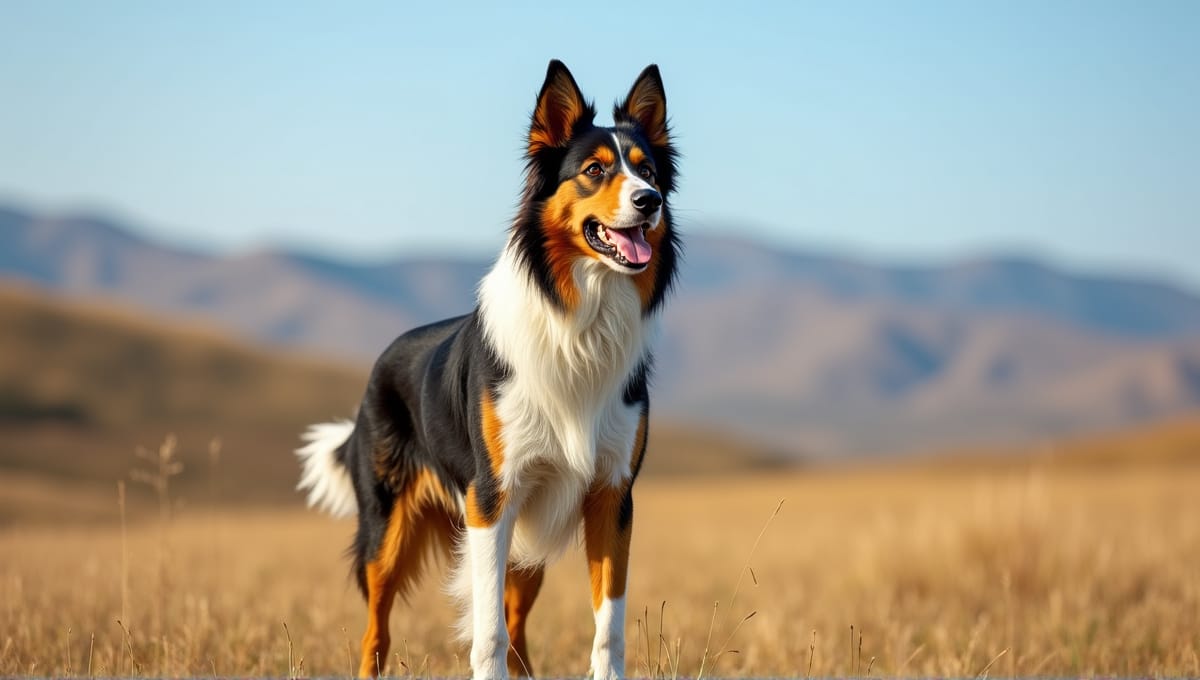Terriers are spunky, feisty dogs with a lot of personality in a small package. I’ve studied these active little dogs for years, and I can tell you that they aren’t the best fit for every dog owner. However, they are fiercely loyal to the right family and are high-energy, charming playmates. You’re about to learn which terrier breed might be the best fit for you. So, let’s explore the terrier group together.
Overview of Terrier Breeds

Terriers are a spirited bunch with plenty of history. These spirited little dogs have been around for centuries. They were originally from the British Isles where they worked as vermin hunters and controllers on farms and in households. The word “terrier” actually comes from the Latin word “terra,” which means earth. This refers to their favorite pastime of digging and chasing critters underground.
They come in a variety of shapes and sizes, but all terriers share some common characteristics. Terriers are recognized for their:
- High energy
- Fearlessness
- Strong prey drive
- Intelligence
- Obstinacy
- Devotion to their families
Terriers were specifically bred to hunt, so they’re one of the most intelligent breeds that can also be quite stubborn. This is due to the fact they needed to be able to make their own decisions quickly when hunting rats or foxes. Even though they’ve transitioned into lovable family pets, this stubbornness hasn’t left them.
I have trained many terriers throughout my career, and if there’s one thing I can say about them, it’s that they’re never dull. Despite often being small in stature, these dogs have large personalities. They are always eager for action, whether that be playtime or a good squirrel hunt. Some terriers are even considered among the best companion dogs due to their loyal and affectionate nature.
Well-Known Types of Terriers

You have many options when choosing terrier breeds. Here are ten of the most popular options:
- Jack Russell Terrier: Small, high-energy dogs with lots of personality
- West Highland White Terrier: Small white dogs with a friendly disposition and pointy ears
- Scottish Terrier: Short-legged black or wheaten-colored dogs with a beard
- Airedale Terrier: The largest of all terrier breeds, also known as the “King of Terriers”
- Bull Terrier: Muscular dogs recognized by an egg-shaped head
- Boston Terrier: Small, compact dogs with a unique tuxedo coat design
- Staffordshire Bull Terrier: Stocky, muscular dogs that are often described as a “nanny dog” for their love of people
- Cairn Terrier: Small shaggy terriers like Toto from “The Wizard of Oz”
- Yorkshire Terrier: Very small terriers with long, silky coats that are sometimes kept as lap dogs
- Fox Terrier: Alert, wire-haired terriers
Terriers are small to medium in size. The smallest terrier breed is the Yorkie, which weighs just 4–7 pounds, while the largest is the Airedale Terrier, which weighs 50–70 pounds.
| Breed | Weight Range (lbs) | Height Range (inches) |
|---|---|---|
| Yorkshire Terrier | 4–7 | 7–8 |
| Jack Russell Terrier | 13–17 | 10–12 |
| Scottish Terrier | 18–22 | 10 |
| West Highland White Terrier | 15–20 | 10–11 |
| Airedale Terrier | 50–70 | 23 |
Terrier Temperament and Personality
Terriers are generally very active dogs. They’re spunky and full of energy, and they don’t want to sit around inside. They want to be where the action is.
I’ve seen nearly every type of terrier during my time working with dogs. While each breed is certainly unique, all terriers have many of the same characteristics:
- Confidence
- Assertiveness
- Playfulness
- Curiosity
- Alertness
- Independence
These qualities make terriers excellent dogs for active families because they’re always ready to do something fun. However, these traits also make them a bit of a handful for first-time dog owners. Terriers are strong-willed and don’t have the same desire to please that some other breeds do.
Keep in mind that some terrier breeds are more relaxed than others. For instance, Boston Terriers are famous for their calm and gentle dispositions. On the other hand, a Jack Russell Terrier is a little ball of fire. Prior to getting a terrier, make sure you do your research on that specific breed and ensure it will be a good fit for your lifestyle. Some terriers are even considered low maintenance dog breeds, which can be ideal for certain households.
Grooming and Care Requirements for Terriers

The terrier coat can vary in texture. Some have soft, silky hair, while others boast wiry hair. The grooming requirements for your terrier will vary depending on the breed.
Wire-haired terriers, such as the Airedale, need regular brushing and trimming, as their coats can become matted if not properly managed. This is because their coats were designed to protect them as they worked in thorny and brambly areas. Smooth-haired terriers, like the Boston Terrier, are easier to groom and typically only require a weekly brushing to keep their coat looking shiny.
Here are some general grooming tips for a terrier:
- Brush regularly to prevent matting and remove loose hair.
- Only bathe when necessary to avoid drying out the skin.
- Clip the nails every few weeks.
- Clean the ears on a weekly basis to prevent infection.
- Brush the teeth daily for good oral health.
Some terrier breeds, like Yorkshire Terriers, require professional grooming. Their long coats can become matted if they aren’t properly cared for. Others, like the Jack Russell Terrier, can be groomed at home with the right tools.
Exercise and Training Needs of Terrier Breeds
Terriers are high-energy dogs, and they require a lot of exercise to be happy and healthy. If a terrier gets bored, it will likely become destructive. I’ve seen what happens when a terrier is left alone with too much pent-up energy!
Most terriers require at least one hour of exercise per day. You can break this time up into a couple of walks and some playtime. Additionally, they need mental stimulation. Puzzle toys and training are excellent ways to keep their brains sharp.
Training a terrier can be a bit of a headache. They’re intelligent, yet incredibly stubborn. Training a terrier requires a great deal of patience and consistency. Here are a few training tips that work well for terriers:
- Use positive reinforcement.
- Keep training sessions short and make it more of a game.
- Incorporate plenty of mental stimulation.
- Start socialization early.
- Be firm, but never harsh.
It’s important to note that terriers were bred to work with minimal direction from humans, so they may not be as obedient as other breeds. However, with the right training, you can have a well-behaved terrier. Some terriers are even trained as therapy dog breeds, showcasing their versatility and ability to learn complex tasks.
Health Concerns in Terrier Breeds
Like all purebred dogs, terriers are prone to certain health problems. Some issues are common across the terrier group. Others are unique to particular breeds.
Here are some of the health problems you should watch for in terriers:
- Skin allergies
- Eye problems such as cataracts
- Patellar luxation
- Hip dysplasia in larger terrier breeds
- Dental issues from crowding of the teeth
All terriers should visit the veterinarian regularly for checkups. Regular checkups can help identify problems early on. Most health issues in terriers are minor and manageable with proper attention. As a terrier owner, you’ll be responsible for staying ahead of your dog’s health.
Preventative care is crucial for terriers. This includes regular exercise, a quality diet, and dental care. Some terrier breeds require specific health tests. Ask your veterinarian about any health tests your terrier might require.
In Closing
Terriers are a special group of dogs. They’re feisty, intelligent, and bursting with character. From their origins as working dogs to their position as treasured family pets today, terriers are a fascinating group of dogs. Keep in mind that each terrier breed is unique with its own set of quirks and care requirements.
With the right care, training, and plenty of love, your terrier will be a wonderful pet. If you’re in the market for a dog, research the various terrier breeds and select one that best suits your lifestyle. With the proper match, you’ll have a devoted and energetic pet for many years.






